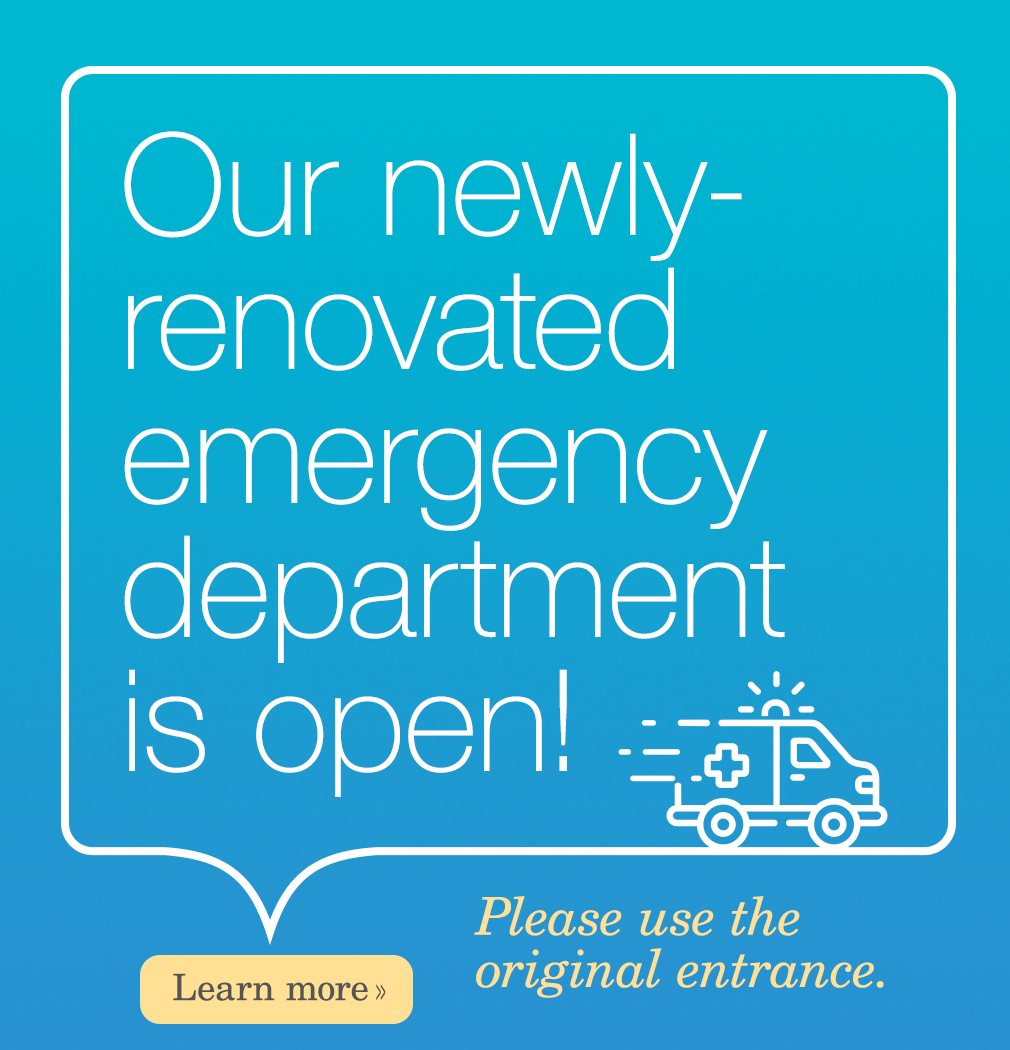

NMC Proposed Budget Preserves “Lower Cost Provider” Status
Northwestern Medical Center (NMC)’s proposed Fiscal Year 2021 (FY’21) budget maintains the hospital’s traditional ranking as having below average pricing among Vermont’s hospitals, based on comparisons reported by the Green Mountain Care Board (GMCB).
“We take pride in being a lower cost provider and we have worked hard to reduce our expenses,” said Robyn Alvis, NMC’s Chief Financial Officer. “While this year’s rate increase is larger than those in prior years, it is necessary to correct the negative compounding impact of the 2016 rate reduction to return NMC to financial sustainability. With the requested rate increase, NMC will continue to rank as having comparatively lower pricing among Vermont’s hospitals.”
NMC’s proposed budget meets all of the GMCB’s stated parameters for budget approval. GMCB has directed hospitals to stay under a 3.5% cap in Net Patient Revenue growth from Fiscal Year 2020. NMC’s proposed budget carries a reduction of 0.2% in Net Patient Revenue. GMCB’s analysis of Vermont’s hospitals shows that NMC is in the target status of having ‘lower costs’ and ‘appropriate utilization’ for healthcare reform.
“NMC has intentionally kept pricing as low as possible for our community. This has put us at a significant disadvantage compared to other hospitals. We have suffered financially as a result, generating a negative operating margin every year since 2016,” said Alvis. “We are firmly committed to both excellence and value and the vision of healthcare reform. This year’s budget represents what is necessary to allow healthcare reform efforts to continue to progress in Vermont without further threat to local services.”
NMC has responded to GMCB’s challenge to reduce expenses within the hospital. NMC has gone through significant cost reduction efforts including reducing staff, reducing programs, and transitioning services to community partners. Despite absorbing the growth in costs from inflation and wage pressures in the market, NMC’s budgeted expenses for FY’21 are $3 million less than in the FY’20 budget.
NMC’s FY’21 budget carries no increase in revenue compared to the FY’20 budget. However, healthcare finance is complex in Vermont, as the state transitions from “fee for service” where hospitals are paid for every test and appointment and procedure to a capitated system where hospitals are paid to keep a specific population healthy. Achieving scale within the transition to capitation is crucial to sustainability for hospitals and, as a State, Vermont has not yet achieved the necessary scale through the Accountable Care Organization (ACO).
“Needing a 19.9% rate increase to maintain revenues is a dramatic example of the cost shift from government payers to private payers and the impact of the lack of scale in the ACO. As NMC has said repeatedly in prior years, this cost shift is essentially a hidden tax,” said Alvis. “This is also a clear example of the healthcare reform transition. As we use early intervention and prevention to reduce volumes still covered by fee for service, we still have to maintain the necessary revenue to sustain the fixed costs of 24-7 access to key services.”
In prior meetings, the GMCB has asked about NMC’s proximity to the University of Vermont Medical Center. “We work closely with UVMMC to ensure the right balance of services locally and strong partnerships to access the tertiary care they provide,” said Alvis. “It is important that the GMCB recognize that 44% of NMC’s business comes from north of St. Albans, so travel to Burlington is a real barrier to care for much of our population. In addition, given NMC’s status of being a lower cost provider, a significant shift of care from NMC to another facility would result in higher costs for the residents of Franklin and Grand Isle County – not to mention putting undue strain on the capacity of other facilities.”
The GMCB is currently reviewing NMC’s budget proposal along with those of Vermont’s other not-for-profit hospitals. NMC is scheduled for a hearing on its budget proposal on August 28, 2020.

